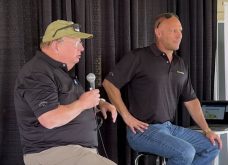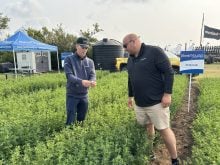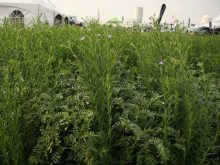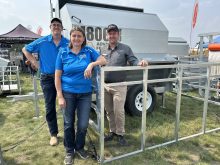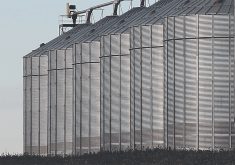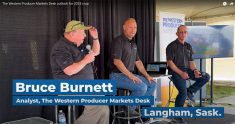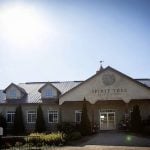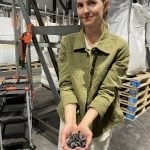EDMONTON – The Alberta government has thrown out for discussion a mix of options on how best to deal with intensive livestock operations.
The suggestions in the discussion paper, designed to get Albertans talking about intensive livestock regulations, range from keeping the status quo to tough new government regulations for each operation.
“If the future of livestock industry is to reach its maximum potential we all have to work together as partners,” agriculture minister Ed Stelmach told about 500 rural municipal councillors.
Stelmach said the government has no preconceived notion of how the regulations will look after a summer of consultations, but knows it must start discussions.
Read Also
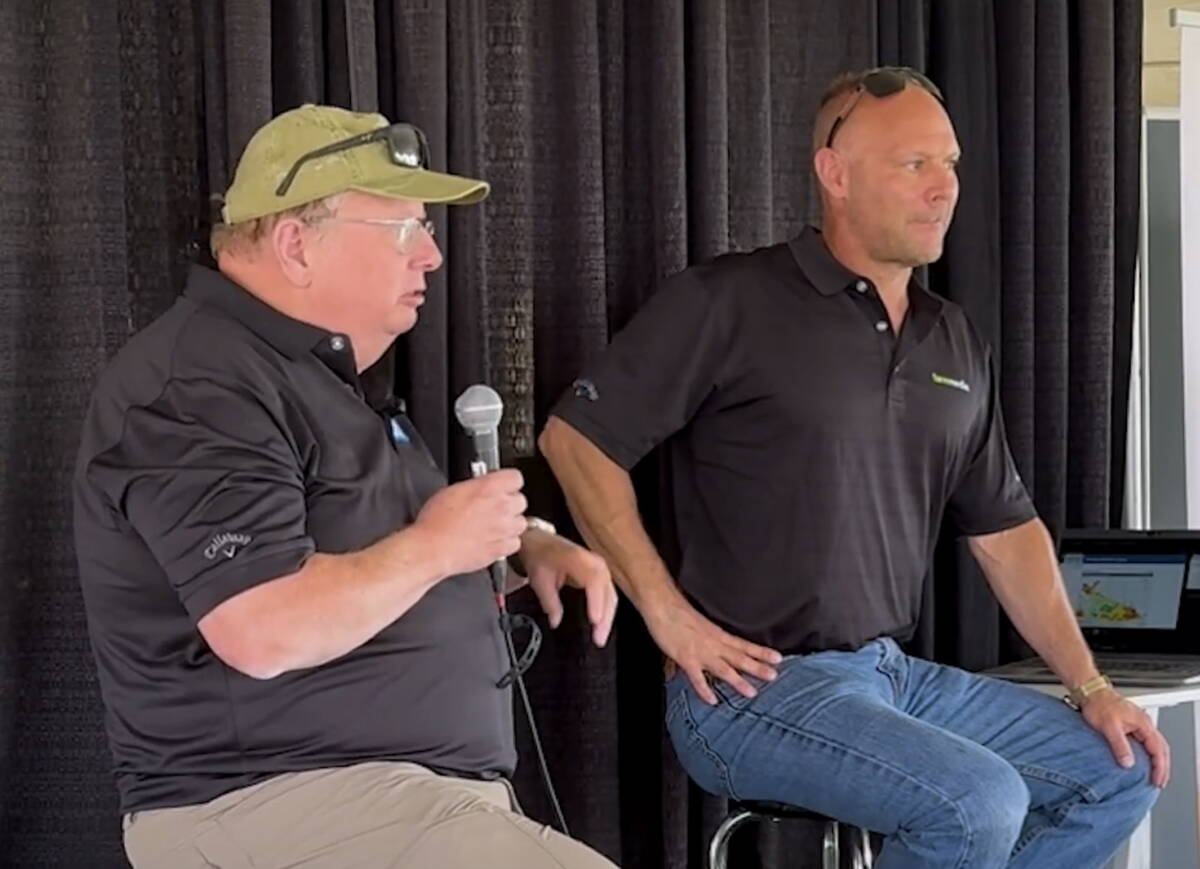
One beer market updates Day 2: The war effect and dispersal sales
Western Producer Markets Desk analysts tackle big questions at Ag In Motion 2025
Intensive livestock operations have been under fire in the past few years. Urban and rural neighbors have criticized local and provincial governments for allowing construction of large cattle, hog or chicken operations, which produce manure and bad smells.
While the paper is focusing on how intensive livestock operations should be regulated and enforced, Stelmach said some of the worst environmental offenders are small farmers.
“The large operators are generally well ahead of the game because they have millions of dollars invested.”
Small cattle producers often feed cattle in gullies for protection from bad weather. But come spring the acquired manure is washed straight into a stream.
Stelmach said small producers may have to change where they feed livestock, possibly to the top of a hill, and build a wind shelter.
Stelmach said changes must be made to protect the environment.
“Nothing is more important than air, water and soil.”
Environmental protection minister Ty Lund echoed Stelmach’s comments that new regulations will be tougher to protect both ground and surface water.
“We are going to be more vigilant in enforcing regulations in the future. Ground water and fresh water is our greatest resource and we simply have to protect it.”
The discussion paper has been sent to provincial agriculture offices. Over the next two months government officials will organize meetings with anyone interested in intensive livestock operations to discuss the options presented.
In the fall another report is expected to be delivered to the government’s standing policy committee on agriculture on how Albertans want intensive livestock operations to be regulated.




